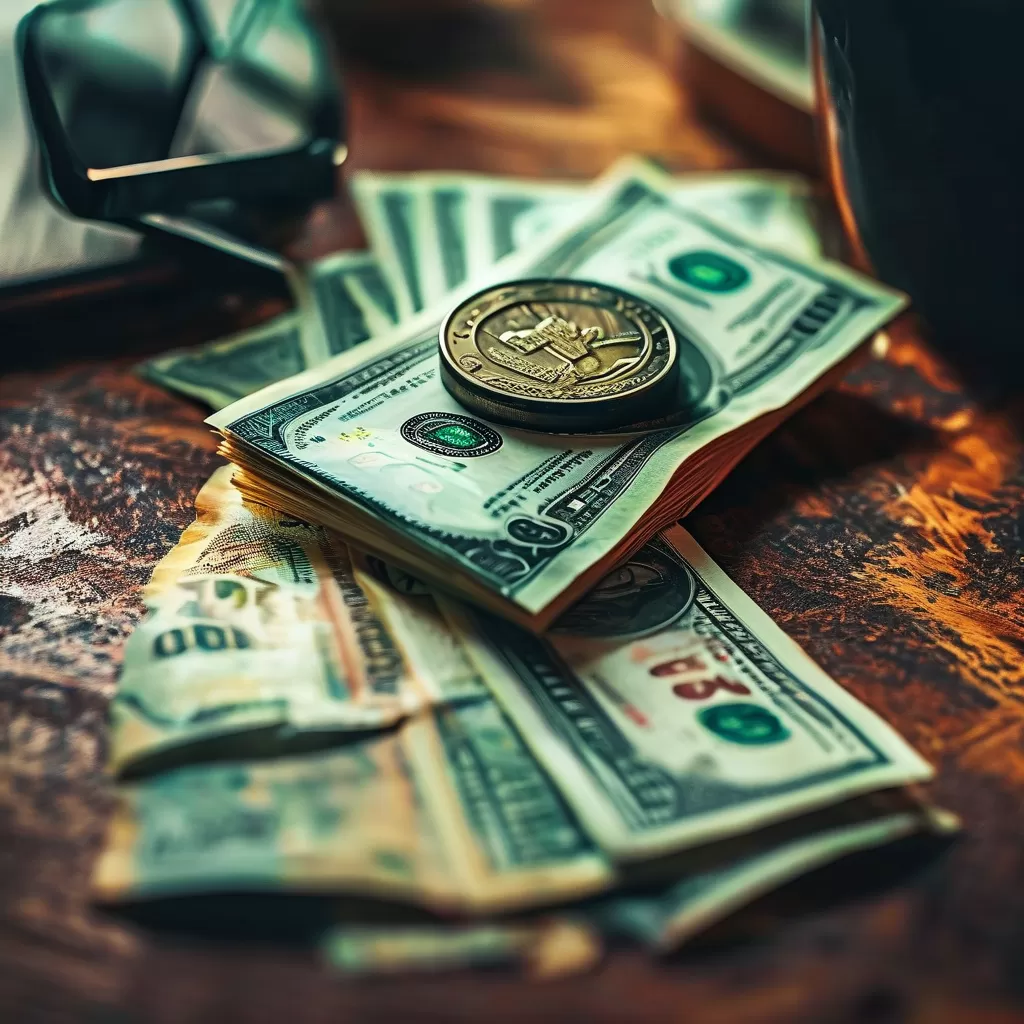How to Find Money Orders Near You: Quick Tips for Getting Cash Today
Life happens, and sometimes you need access to cash quickly and conveniently. Whether you’re looking to pay unexpected bills, cover essential expenses, or simply need a reliable way to transfer funds without a traditional bank account, a money order can be an excellent solution. Unlike personal checks, which can bounce, or credit cards, which require prior approval and lines of credit, a money order is a prepaid order for a specific amount of money drawn on a third-party company. It’s a reliable and convenient alternative that many people rely on for various financial needs.
However, the thought of “how to find money orders near me” can be daunting. There are numerous places to buy and cash money orders, each with its own set of rules, fees, and operating hours. This guide is designed to simplify the process. We’ll explore the different providers available, outline effective ways to find them locally, provide practical tips for purchasing and using money orders, and help you understand the fees and considerations involved. By the end of this article, you’ll be equipped with the knowledge to find and use a money order quickly and efficiently, getting the cash you need right when you need it.
Understanding Money Orders: What You Need to Know
Before diving into the logistics of finding a money order provider near you, it’s essential to understand what a money order actually is and how it functions. Knowing this will help you make informed decisions when you’re ready to purchase one.
What is a Money Order?
A money order is a financial instrument that guarantees a specific amount of money has been paid in advance. It’s purchased from a designated seller (like a post office, grocery store, or dedicated check cashing store) and then presented to another party (like a bank, another store, or the recipient) as payment for goods or services. The funds for the money order come from the selling institution, not from the payer’s checking account or credit line.
How Money Orders Work:
Think of it as a cross between a check and cash. When you buy a money order, you pay for the amount upfront, either with cash, a debit card, or sometimes even a credit card (though fees often apply). Once purchased, the money order has the name of the seller (issuer) and the amount. When someone redeems it, they present it along with identification to the recipient institution, who then releases the funds minus any applicable fees.
Benefits of Using Money Orders:

- Guaranteed Funds: Unlike personal checks, which can bounce, a properly purchased money order guarantees the funds are available.
- No Bank Account Required: You can purchase and use money orders without needing a traditional bank account.
- Wide Availability: Money orders can be obtained from a variety of locations, making them accessible for many people.
- Lower Risk: They offer a secure way to send money, especially for smaller amounts.
- Quick Processing: Money orders are often cashed quickly, sometimes the same day or the next business day.
Where Can You Find Money Orders Near You?
The first step in obtaining a money order is identifying a convenient location to purchase one. The options vary significantly in terms of location, operating hours, fees, and maximum purchase limits. Here’s a breakdown of common places where you can buy money orders:
1. Government Post Offices (USPS)
The United States Postal Service (USPS) is one of the most accessible and widely available places to purchase money orders. They offer a straightforward service with reasonable fees.
Key Features:
- Wide Availability: Post Offices are found in most towns and cities across the United States.
- Standard Fees: Fees are typically low, often ranging from $0.15 to $0.50 per money order, plus the amount being purchased.
- Maximum Purchase Limits: Individual Post Offices may have limits, often ranging from $500 to $1000 per transaction. It’s best to confirm with your local Post Office.
- Accepted Payment: Cash and debit cards are usually accepted. Credit cards are often not accepted or come with significant fees.
- Operating Hours: Standard business hours, though some locations offer extended hours or services on weekends. Check your local Post Office schedule.
Remember to keep the receipt provided by the Post Office, as it serves as proof of purchase and is often required when cashing the money order. **How to Easily and Securely Purchase & Send Money Orders**
2. Major Retailers like Walmart and Kroger
Larger retail chains have increasingly offered money order services, providing another convenient option for customers.
Key Features:
- Walmart Money Orders:
- Low Fees: Maximum fee is just $1.00 per money order (plus the amount). This is very competitive.
- Acceptable Payment: Cash and debit cards are accepted. Credit cards may be accepted but often with fees.
- Maximum Purchase Limits: Up to $1000 per transaction at Money Centers, while limits are lower at Customer Service Desks ($500).
- Location Specific: Availability and limits may vary by store (e.g., Money Centers vs. regular stores). Look for dedicated Money Centers or ask at the service desk.
- Convenient Hours: Often offer extended hours compared to banks, including evenings and weekends.
- Kroger Money Orders (including pharmacies like CVS/Rite Aid):
- Similar Fees: Kroger typically charges a $1.00 fee per money order, plus the amount.
- Acceptable Payment: Cash and debit cards are accepted.
- Maximum Purchase Limits: Usually around $500 per transaction.
- Wide Network: Available at most Kroger locations, including supermarkets and pharmacies.
When purchasing at these locations, it’s always a good idea to ask about their specific policies regarding fees, accepted payment methods, and transaction limits. A Brief History Of India Infoline
 Find a Money Order Location Near You: Easy Options Explained
Find a Money Order Location Near You: Easy Options Explained
3. Dedicated Check Cashing Stores
These businesses specialize in handling checks, cashing checks, and selling money orders. They are often found in areas with a high concentration of people needing these services.
Key Features:
- High Maximum Limits: Often allow purchases up to $1000 or even more, making them suitable for larger transactions.
- Varied Fees: Fees can range from $1.00 to $5.00 or more, depending on the amount and the specific store.
- Extended Hours: Many operate outside standard business hours, including evenings, nights, and weekends.
- Acceptable Payment: Primarily cash and debit cards are accepted. Credit cards are rarely accepted.
- Identification Requirements: Often require government-issued ID.
While convenient for larger amounts or irregular hours, be sure to compare fees between different stores in your area.
4. Other Retailers
Other large retailers like pharmacies (CVS, Walgreens), grocery stores (Albertsons, Publix), and even some convenience stores (7-Eleven often sells Western Union money orders) may offer money order services.
Key Features:
- Fees Vary Significantly: Each retailer sets its own fees, so compare them before purchasing.
- Maximum Purchase Limits: Often lower than Post Offices or dedicated stores, typically around $500.
- Operating Hours: Vary by location, but often align with the hours of the main store.
Advanced Search Techniques: Finding Money Orders Near You
Knowing the options is one thing; efficiently finding the best money order location near you is another. While physical locations are the most direct way, the internet offers powerful tools to streamline your search.
Using Online Directories and Search

